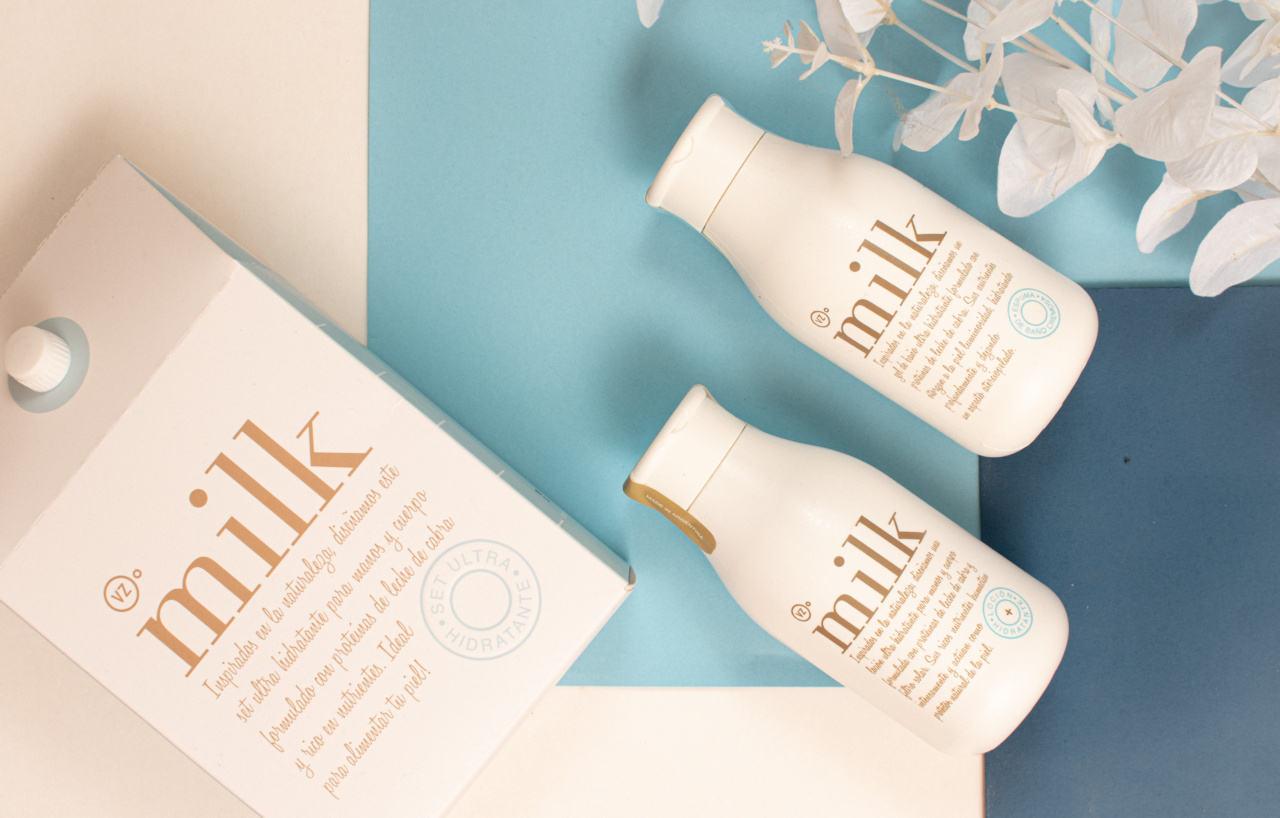Milk has been touted as the ultimate bone-builder, with generations of parents insisting their children need to drink milk to grow big and strong.
But is it really true that milk is the key to good bone health? Here, we look at the science behind this popular belief and examine the evidence.
What is Milk?
Milk is a white, nutrient-rich liquid that is produced by female mammals to feed their young. In humans, milk is produced by the mammary glands of nursing mothers.
It is packed with essential nutrients like calcium, potassium, vitamin D, and vitamin A, which are all important for good health.
Why is Calcium Important for Bone Health?
Calcium is essential for building and maintaining strong bones. It is the most abundant mineral in the body and is found in bones and teeth. Without enough calcium, bones can become thin and weak, making them more susceptible to fractures.
How Much Calcium Do You Need?
The amount of calcium a person needs depends on their age, sex, and other factors. For most adults, the recommended daily intake of calcium is 1,000-1,200 milligrams (mg) per day. Women who are pregnant or breastfeeding may need more.
Does Milk Really Build Strong Bones?
While it is true that milk is a good source of calcium, it is not the only source. Many other foods, like leafy greens, almonds, and sardines, also contain calcium.
Additionally, some people are lactose intolerant and cannot drink milk, meaning they need to find other sources of calcium.
That being said, studies have suggested that drinking milk may help promote bone health in certain populations.
For example, a study published in the American Journal of Clinical Nutrition found that milk consumption was associated with a lower risk of osteoporosis and fractures in older women.
Another study published in Osteoporosis International found that milk intake was associated with increased bone mineral density in men and postmenopausal women, but not premenopausal women.
What About Vitamin D?
Vitamin D is another important nutrient for bone health. It helps the body absorb calcium, which is why many milk products are fortified with vitamin D.
The body can produce vitamin D when the skin is exposed to sunlight, but many people do not get enough sun exposure to meet their vitamin D needs. In these cases, vitamin D supplements or fortified foods like milk can be beneficial.
The Bottom Line
Milk can be a good source of calcium and vitamin D, both of which are important for bone health. However, it is not the only source of these nutrients, and some people cannot tolerate or choose not to drink milk.
Additionally, not all studies have found a clear link between milk consumption and bone health. Other factors like exercise, diet, and genetics also play a role in bone health.
Overall, it is important to consume a balanced diet that includes a variety of nutrient-rich foods to support good health and strong bones.






























